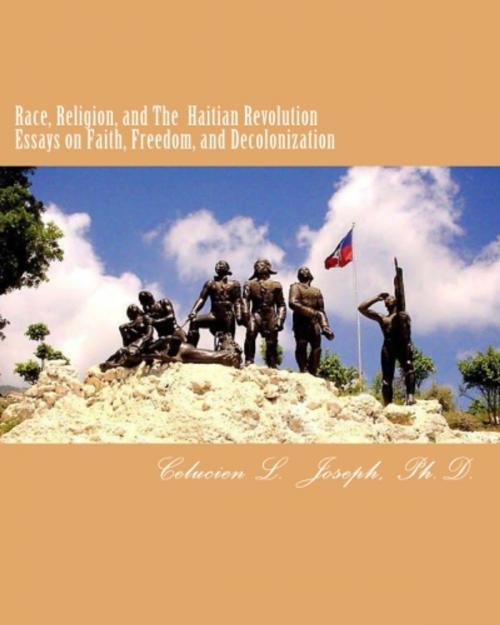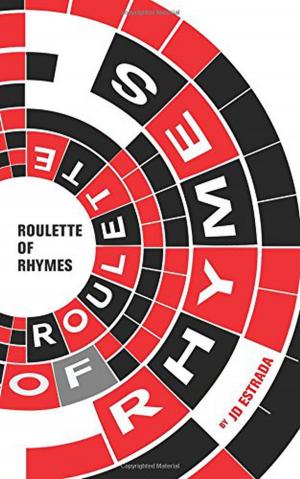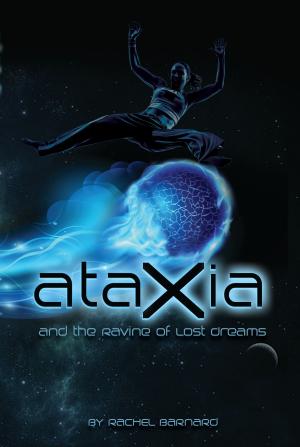Race, Religion, and The Haitian Revolution
Essays on Faith, Freedom, and Decolonization
Nonfiction, History, Americas, Caribbean & West Indies, United States, 20th Century, Religion & Spirituality, Theology| Author: | Celucien L. Joseph | ISBN: | 1230000099769 |
| Publisher: | CreateSpace Independent Publishing Platform | Publication: | December 27, 2012 |
| Imprint: | Language: | English |
| Author: | Celucien L. Joseph |
| ISBN: | 1230000099769 |
| Publisher: | CreateSpace Independent Publishing Platform |
| Publication: | December 27, 2012 |
| Imprint: | |
| Language: | English |
Race, Religion, and The Haitian Revolution explores the intersections of history, race, religion, decolonization, and revolutionary freedom leading to the founding of the postcolonial state of Haiti in 1804. Particular attention is given to the place of religion in this freedom story. The book not only examines the multiple legacies and the problem of Enlightenment modernity, imperial colonialism, Western racism and hegemony, but also studies their complex relationships with the institution of slavery, religion, and Black freedom. This present work is a collection of five interdisciplinary essays, which underscore the role of faith in Black Atlantic discourse and Haitian thought in shaping the lives of the people in the Black Diaspora and the Haitian people in particular. Topics range from Makandal’s Postcolonial religious imagination to Boukman’s Liberation Theology, Langston Hughes’ discussion of the role of prophetic religion in the Haitian Revolution to Frederick Douglass’ critiques of Christianity as a “slave religion.” The text also brings in conversation Du Bois’s theory of double consciousness with Fanon’s theory of decolonization and revolutionary humanism.
From the Author
I wrote these chapters of Race, Religion, and The Haitian Revolution to help my readers get a better understanding of the Haitian Revolution, the only successfully slave revolution in the Western World, and its significance and implications for contemporary discourses on Africana studies and Africana critical theory, human emancipation, human rights, social justice, social inequality, critical race theory, and the persistent problems of racism and neocolonial imperialism in our postcolonial moment. Equally, this book is an attempt to understand the function or place of religion in the unfolding events leading to the Haitian Revolution. As a scholar and interpreter of the human experience, I have sought to interpret the Haitian Revolution in its complexity as well as to engage the intersections of history, race, faith, freedom, and decolonization connecting to this singular and transforming event in our modern world--what we might call "Haitian Modernity."
Check out the book's website
racereligionandthehaitianrevolution.wordpress.com/
Visit us on Facebook
facebook.com/pages/Race-Religion-and-The-Haitian-Revolution/578348808858991
Race, Religion, and The Haitian Revolution explores the intersections of history, race, religion, decolonization, and revolutionary freedom leading to the founding of the postcolonial state of Haiti in 1804. Particular attention is given to the place of religion in this freedom story. The book not only examines the multiple legacies and the problem of Enlightenment modernity, imperial colonialism, Western racism and hegemony, but also studies their complex relationships with the institution of slavery, religion, and Black freedom. This present work is a collection of five interdisciplinary essays, which underscore the role of faith in Black Atlantic discourse and Haitian thought in shaping the lives of the people in the Black Diaspora and the Haitian people in particular. Topics range from Makandal’s Postcolonial religious imagination to Boukman’s Liberation Theology, Langston Hughes’ discussion of the role of prophetic religion in the Haitian Revolution to Frederick Douglass’ critiques of Christianity as a “slave religion.” The text also brings in conversation Du Bois’s theory of double consciousness with Fanon’s theory of decolonization and revolutionary humanism.
From the Author
I wrote these chapters of Race, Religion, and The Haitian Revolution to help my readers get a better understanding of the Haitian Revolution, the only successfully slave revolution in the Western World, and its significance and implications for contemporary discourses on Africana studies and Africana critical theory, human emancipation, human rights, social justice, social inequality, critical race theory, and the persistent problems of racism and neocolonial imperialism in our postcolonial moment. Equally, this book is an attempt to understand the function or place of religion in the unfolding events leading to the Haitian Revolution. As a scholar and interpreter of the human experience, I have sought to interpret the Haitian Revolution in its complexity as well as to engage the intersections of history, race, faith, freedom, and decolonization connecting to this singular and transforming event in our modern world--what we might call "Haitian Modernity."
Check out the book's website
racereligionandthehaitianrevolution.wordpress.com/
Visit us on Facebook
facebook.com/pages/Race-Religion-and-The-Haitian-Revolution/578348808858991















